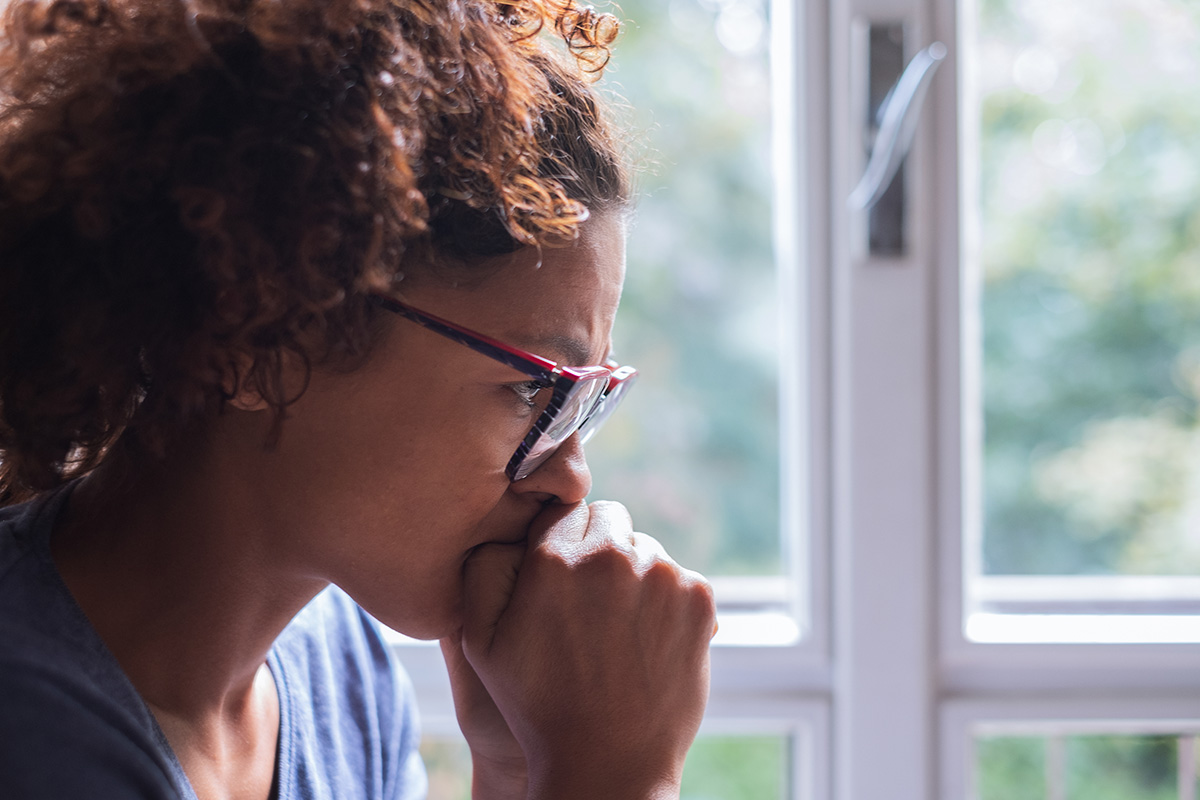Why is my spouse or loved one trying to control/manage my drinking? I’m fine, I only drink at home and I don’t see how it’s impacting their life. If they’d just leave me alone, it’d be fine. There are many times that we have the thought, “what I do doesn’t affect anyone.” Let’s start from there and let me tell you a short story.
How Our Lives Affect Others
Picture it – a young girl learning to skip a rock on a pond. After many unsuccessful attempts, it turned into what I ended up calling the kerplunk game. I would toss a rock, progressively bigger and bigger, into the lake and listen for the kerplunk. After watching my science experiment that morning, my mother asked me what I learned. To her surprise, I answered with…the water rings always touch the shore. It made a profound impact on my understanding of the interconnectedness of life. I would love to be the one to tell you that what we do doesn’t have any effect on others, but I would lose my credibility with you instantly. On the other hand, that’s exactly what some parts of us want to hear.
The Ripple Effect
When we talk about substance use, it usually gets our defenses up and we have a litany of litigious answers ready in an instant. The truth is what we do, no matter if it involves substance or not, affects others. We all know the reasons we first started using – to feel normal, be social, relieve stress but it stops being for these reasons as the disease grows. There’s a phrase used in the rooms that “some people change their behaviors to suit their goals, while others change our goals to suit our behaviors.” During that pivotal moment when things become unbalanced, we are continuing to impact others. When we can’t hide it or don’t want to, we begin to see the behaviors of our family and friend change as well.
How Substance Abuse Isolates Us
Drinking and using begins to isolate us, we start saying no to friends, fun, family. Even the fact that we are using at home, to stay safe, is a form of isolation. Because this isolation is so impactful, it is even used as a criterion for substance abuse. (DSM V / Criteria 7: Important social, occupational, or recreational activities are given up or reduced because of use). The people in our environment can’t stop what is happening, they just know that we are becoming less and less like ourselves. So my answer to the question “why are people on my case” usually ends up like this…. When in doubt, the answer is probably fear.
How To Understand Addiction
As humans, when we are unable to intervene, unable to keep the people we love physically, emotionally, and mentally safe we will start to engage in behaviors that look very controlling. Even as a practitioner, I use it as a sign that my fears are building. When I want to try and manage aspects of another person’s life, something that looks a lot like control, I am typically very afraid for them. If we keep engaging in a risky or isolating behavior once it’s been pointed out, it is hard to contain the hurt. That’s where the understanding of the disease model is so imperative. Because we know that substance use disorders are a brain disease, it is much easier to comprehend how and when “decisions” about using are made.
Making the point that after being triggered, the brain isn’t really able to decide not to use, it just reacts. This can also get an increase in controlling behavior. Misinformation that we can get in front of a disease that has impulsivity, urges, cravings, and practiced pathways of using leads our friends and family to think they can stop it. That’s why it takes a community, changes, and practice. In fact, it takes practice, practice, practice.
Our Impact On Others
We are required to rewire our brains not to think that using will solve our hurts, stress, loneliness, trauma, sadness, you name it. Which is probably what got us using in the first place. The kerplunk effect is a great place to start talking about the impact of our behaviors on each other. Using “I” statements and expressing the fears and hurts that come along with being interconnected. Most of all, I remind myself when I am “talking to a disease” versus a loved one or me. And repeat a motto for life in recovery – I didn’t cause it, I can’t cure it, I can’t control it.
-Dr. LaTisha Bader







